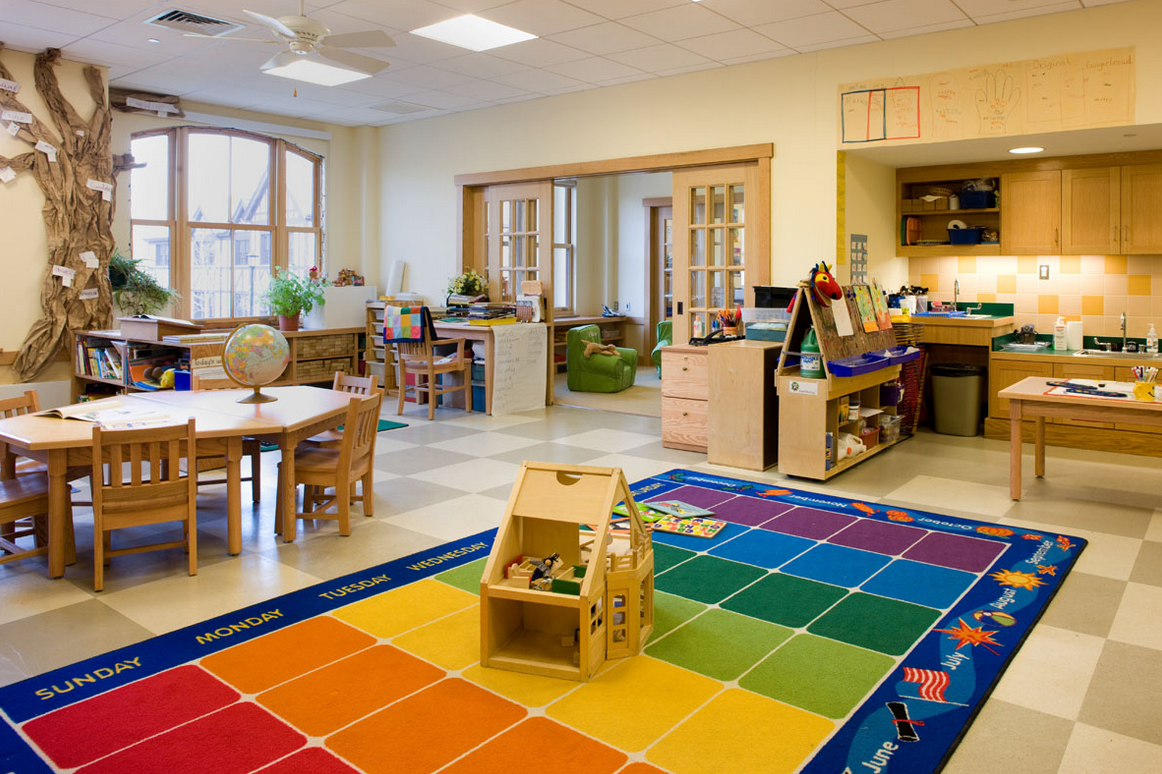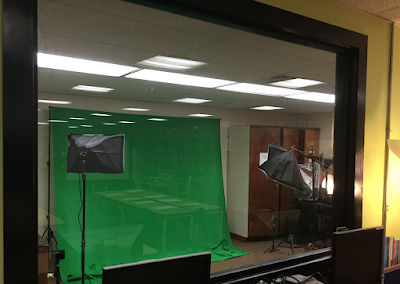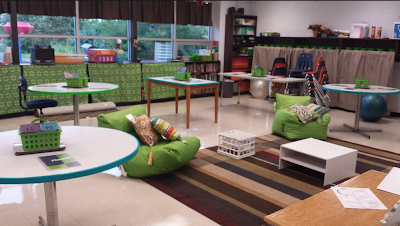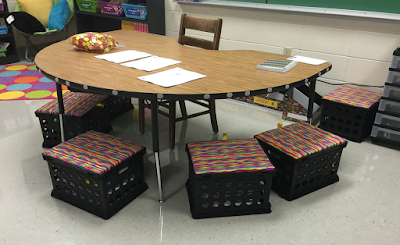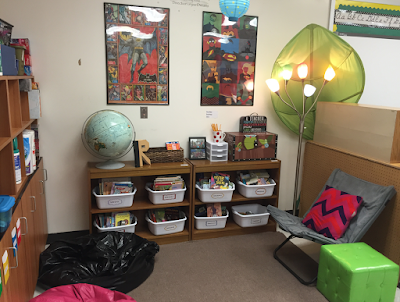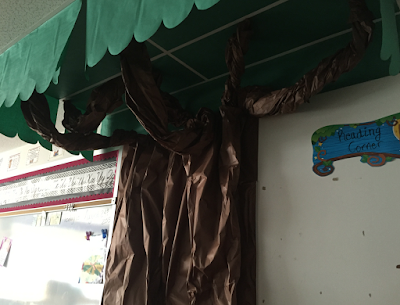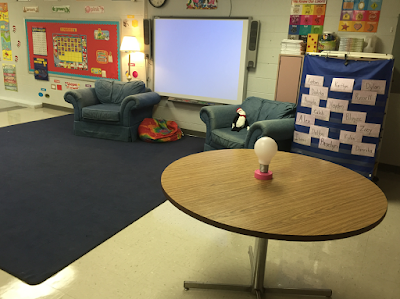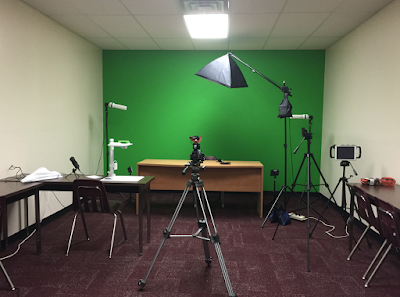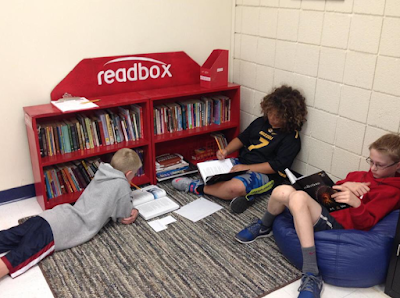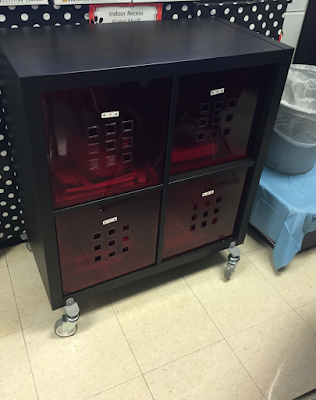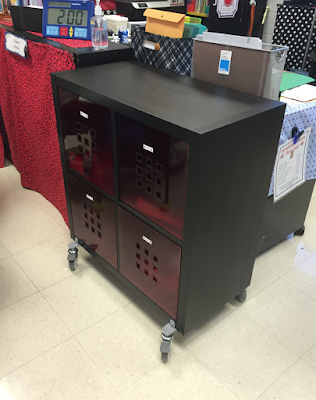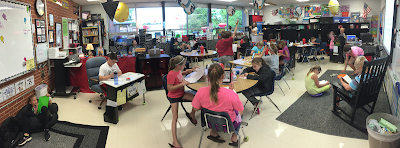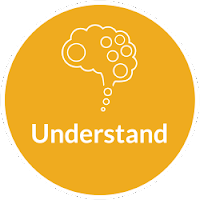1). What percent of your students are going beyond just compliance and are actually cognitively engaged in deep self-driven and relevant learning?
2). How often are students in your class offered the opportunity to move around and get 'the blood' flowing with some type of physical activity?
3). How often are kids in your class able to work in teams and work collaboratively on some type of group learning activity?
4). When was the last time you read a professional book or article and you tried something new as a result of what you read in the book/article?
5). If you had to describe the perfect and ideal classroom, what would be your top three most important characteristics?
6). How confident are you that your students could tell someone who doesn't teach what you teach specifically where they are struggling and where they are succeeding in regard to their learning?
7). Let's assume audio was recorded for an entire week in your classroom. Of all the voices that are heard during that time, whose voice do you believe would be heard the most?
8). If you eliminated all the grades in your classroom, do you think students would still actively participate and continue learning?
9). If a group of teachers from another school district who taught a similar content/grade came and observed your classroom, what do you think they would say in their post-conversation?
10). If you were the principal for the week and you got to observe every classroom in your building, what would you want to see in all the classrooms?
BONUS: What's the ratio of consumption to creation in your classroom when it comes to the work students are doing?
2). How often are students in your class offered the opportunity to move around and get 'the blood' flowing with some type of physical activity?
3). How often are kids in your class able to work in teams and work collaboratively on some type of group learning activity?
4). When was the last time you read a professional book or article and you tried something new as a result of what you read in the book/article?
5). If you had to describe the perfect and ideal classroom, what would be your top three most important characteristics?
6). How confident are you that your students could tell someone who doesn't teach what you teach specifically where they are struggling and where they are succeeding in regard to their learning?
7). Let's assume audio was recorded for an entire week in your classroom. Of all the voices that are heard during that time, whose voice do you believe would be heard the most?
8). If you eliminated all the grades in your classroom, do you think students would still actively participate and continue learning?
9). If a group of teachers from another school district who taught a similar content/grade came and observed your classroom, what do you think they would say in their post-conversation?
10). If you were the principal for the week and you got to observe every classroom in your building, what would you want to see in all the classrooms?
BONUS: What's the ratio of consumption to creation in your classroom when it comes to the work students are doing?



